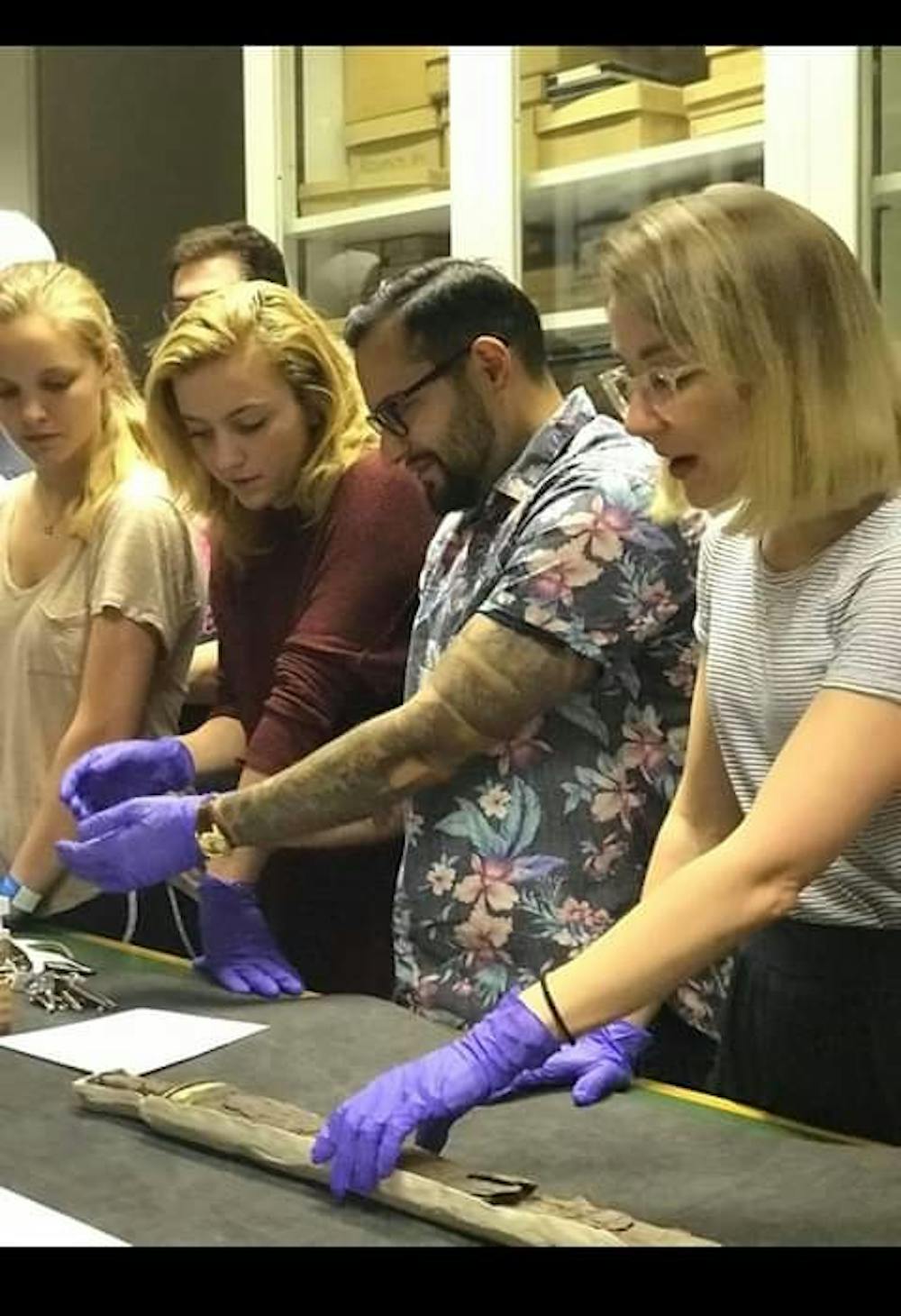The UNC nonprofit Transatlantic Forum for Education and Diplomacy (TFED) is working to bring international diplomacy to students.
The organization was founded by Ted Leinbaugh, TFED president and professor of English and comparative literature, in 2016. UNC senior John Daniel Bratcher, a written content manager at TFED, said Leinbaugh modeled the organization after the Marshall Scholarship.
The Marshall Scholarship was created by the United Kingdom in the 1950s to bring U.S. students to the U.K. to foster transatlantic relations among both countries as well as a deeper understanding of diplomacy. Leinbaugh understood the importance of studying in the United Kingdom over trying to attain that knowledge in the classroom, Bratcher said.
To highlight that importance, TFED works with UNC's study abroad program and King’s College London to host the six-week summer program “Literature and Diplomacy at King's College London" for 30 students. The program launched last summer and was the most popular study abroad program offered by UNC, according to Myles Lukert, chief operating officer at TFED.
During the first three weeks of the program, students take a course called “Epic, Empire, and Diplomacy,” taught by Leinbaugh and guest instructor Sir Christopher Meyer. Meyer is the former British Ambassador to Germany and the United States.
Students attend class daily and meet at a variety of locations around London, including the British Museum, the House of Lords and Shakespeare's Globe Theatre and hear from speakers in politics, business or academia.
“TFED is trying to bring students to these people they would otherwise never have gotten a chance to meet, unless they were already highly networked. Dr. Ted says that is the whole thing — not every student gets the opportunity to meet these people, network with these institutions and higher individuals and learn one-on-one with them," Bratcher said.
During the second half of the program, students choose from courses offered by King’s College which are focused on a variety of topics including espionage, international business, literary arts, classics and more.
“For me, it was very significant because it presented me with an alternative way of looking things that was more aligned with what I was passionate about. In the study of international relations, quantitative methods like statistical analysis are pretty predominant, and that is something I experienced through PWAD, but I was more inclined toward the liberal arts, history, literature and understanding the world through those mediums," Lukert said.




